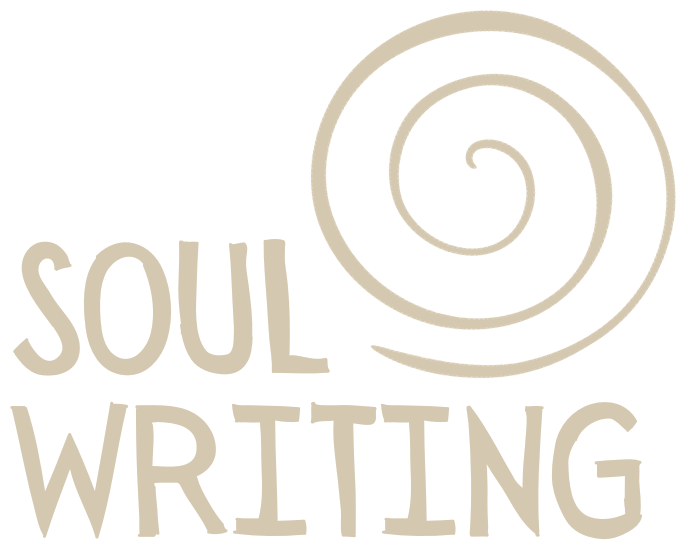Tea with the critic
The elephant in the room
The inner critic: the most insidious, confusing, and powerful voice in many people’s heads. The loudest and also the subtlest. Arguably the number one obstacle in any creative life.
I doubt anyone reading this is finding out about the inner critic for the first time. It’s an aspect of the human psyche that’s dwelt among us for years. It’s one we’ve all at the very least acknowledged, if not done some work with.
Or have we? I’ve been thinking about this assumption: that indeed everyone is intimately familiar (or familiar at all) with their own critic’s voice and the effect it has on them. It’s an assumption that has kept me from writing or working more directly with the critic in workshops, with clients, and of course, in myself. Yes, it’s in the background, we know about it, and in Soul Writing we do write and engage with each other in ways that are meant to keep the critic at bay.
Still, in many ways it remains the elephant in the room: something we know is there but rarely look directly at. Because shit, it is scary! It is nasty. It is brutal. It’s waiting there, poised to shut us down. I think a common (and very rational) feeling is that if we pay any closer attention to it, it just might finish the job.
Endlessly subtle
Here’s what makes the inner critic especially tricky: its job is (or was) to protect us. It is a composite of all of the messages we received throughout our lives, from our caretakers and teachers and the world around us, about acceptable ways of behaving, of living. Don’t be too loud. Speak up. Chew with your mouth closed. Boys don’t cry. Girls don’t [jeez, pick one]. [Also: there are only the two choices: boy or girl.] Never question authority. Always have a good argument. Make sure everyone feels comfortable. And on and on and on and ON and on.
The inner critic, the superego, was the part of us that internalized these messages, the subtext of which was, “if you behave this way, you’re in. If not… byeeee.” The critic kept us safe by making sure we adhered to the rules and, depending where or how we grew up, this could mean anything from acceptance and love to literal survival. It didn’t matter how much sense the messages made, whether they conflicted with each other, if they were fair or kind or reasonable. We took most of them in before we had the capacity to have any thoughts about them at all.
And even though, as adults, we no longer benefit from the critic’s admonishments—even though we are now in charge of our own survival—on some level, we still feel loyal to our protector.*
Plus, since we unconsciously onboarded the messages, many of them still hide beneath what we can see, and the ways we interact. They live throughout the system, interfering in creativity, in relationships, in our self-care. They are nets around our organs, shrouds over our skeleton, woven into our skin.
Like I said, brutal.
So it’s not simply a matter of saying “I don’t need you any more.” If we’re going to change our relationship with the critic and its effects, it all warrants a much closer look.
Raising it to the surface
Another concept most people are familiar with: that aspects of ourselves left in the dark, in the closet, buried deep, will fester, become distorted, and have unwanted effects in our lives. Again, usually without saying it explicitly, in Soul Writing we are gently mining for those parts, escorting them to the surface, and sending them on their way.
So. I’m curious about how we might raise all of this Inner Critic stuff just a tiny bit closer to the surface. During our six-week Tea with the Inner Critic series, we’ll do our Soul Writing thing with particular attention on the critic’s voice: seeing what it has to say, exploring its origins, and noticing how it filters what we write, what we say, and how we listen. Rather than work to combat the critic, disappear it, move against it, we’ll invite it for tea. Get to know it a bit better and, from there, maybe form a new relationship.
Being in conversation with the critic has huge potential to separate out its voice so that it’s no longer automatically in the background, informing everything we do. It takes courage to face our critic, but there’s remarkable freedom in it too.
We’ll walk into this scary and necessary territory together. I hope you can join us.
————————
*This is suuuuuuper broad-strokes exploration of the ways the inner critic can affect us. For those craving a deeper dive, pick up Soul Without Shame by Byron Brown. And if you have any other resources I’d love love love to know about them—please leave them in the comments or email me at joy@soulwriting.org.
